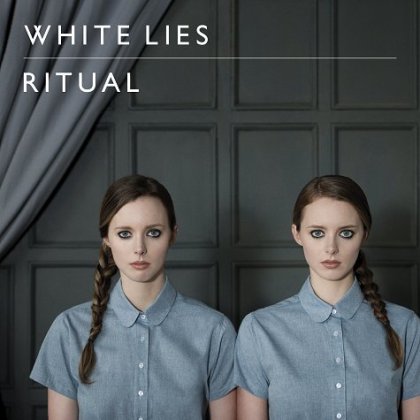
Extraordinary debut from minimalist mystery man as the post-dubstep era begins
We live in a musical era of bigness: be it the seemingly-endless scale of Muse, or the complex pop of mainstream artists like Lady Gaga. But a quieter way of life is slowly breaking through. Witness last year’s XX Mercury win, and now the critical whispers around James Blake.
What the world knows about him could be written on the back of a 5p piece. He was born in London, he went to Goldsmith’s and he’s 21. But after a short stint as an electronica producer on several heralded EPs, he’s put his own voice down (even if auto-tuned in a Bon Iver sort-of-way) over delicate piano lines, with XX-style delicacy, and whoomping dubstep basslines. Lo-fi doesn’t even begin to cover it.
More than anything though, the spaces on a record have never felt quite so important. There’s one song in particular here, Lindesfarne I, that strips it right down to his emotional vocals (falsetto and filled with sadness, winning comparisons to Jeff Buckley). On top of this whole seconds are left silent. It’s a brave decision that works on an enormously brave debut.
So those expecting 11 tracks like his haunting cover of Feist’s Limit To Your Love that hit the charts earlier in the year may be slightly confused. The rest of the album carries that track’s dislike for flourishes, but first listen will lead you to check that the music player isn’t broken. To start with it feels a very cold record, but after a few listens it will burrow deep beneath your skin and stay there.
It always goes back to the voice: rarely unaffected, but it makes it all the more special when heard in naked form. Piano playing on tracks like Give Me My Month and Why Don’t You Call Me are exceptional.
Words don’t often make an appearance either. This works to astounding effect on I Never Learnt To Share: “My brother and sister don’t speak to me/But I don’t blame them.” That’s it. No explanation, no insight, just those words over and over. It’s a phrase that haunts, and it’s all the more powerful just as it is.
Power also lies on the aforementioned Lindesfarne I, before it brings in quietly plucked guitar to flesh it out on Lindesfarne II. I Mind is perhaps a step too far: simple vocal vowels over a slim piano coda, skipping and jumping all over the place. It sounds like a seriously fucked up vocal warm up. It comes to a beautiful conclusion as Blake endlessly multi-tracks himself for a homemade gospel choir on Measurements. He ebbs and flows through the track, never unmasking fully, but it’s the closest to a big production number, even though it clearly isn’t when you consider it.
Be warned: this is not an easy, immediate listening experience. When so many are after instant gratification, James Blake should be commended for making the audience work a little. Despite this, those who prefer their minimal electronica more straightforward to digest should probably wait for Jamie Woon later in the year.
4/5
Best Tracks:
Measurements
Lindesfarne I
I Never Learnt To Share
Give Me My Month




